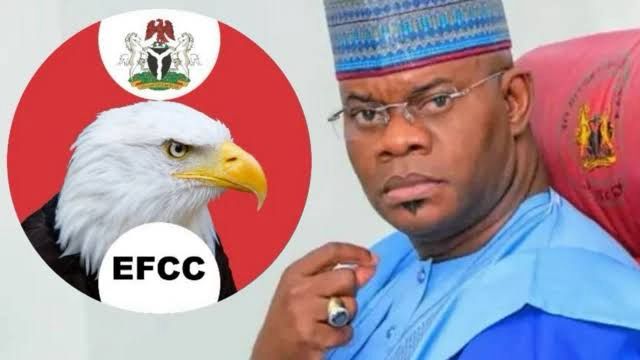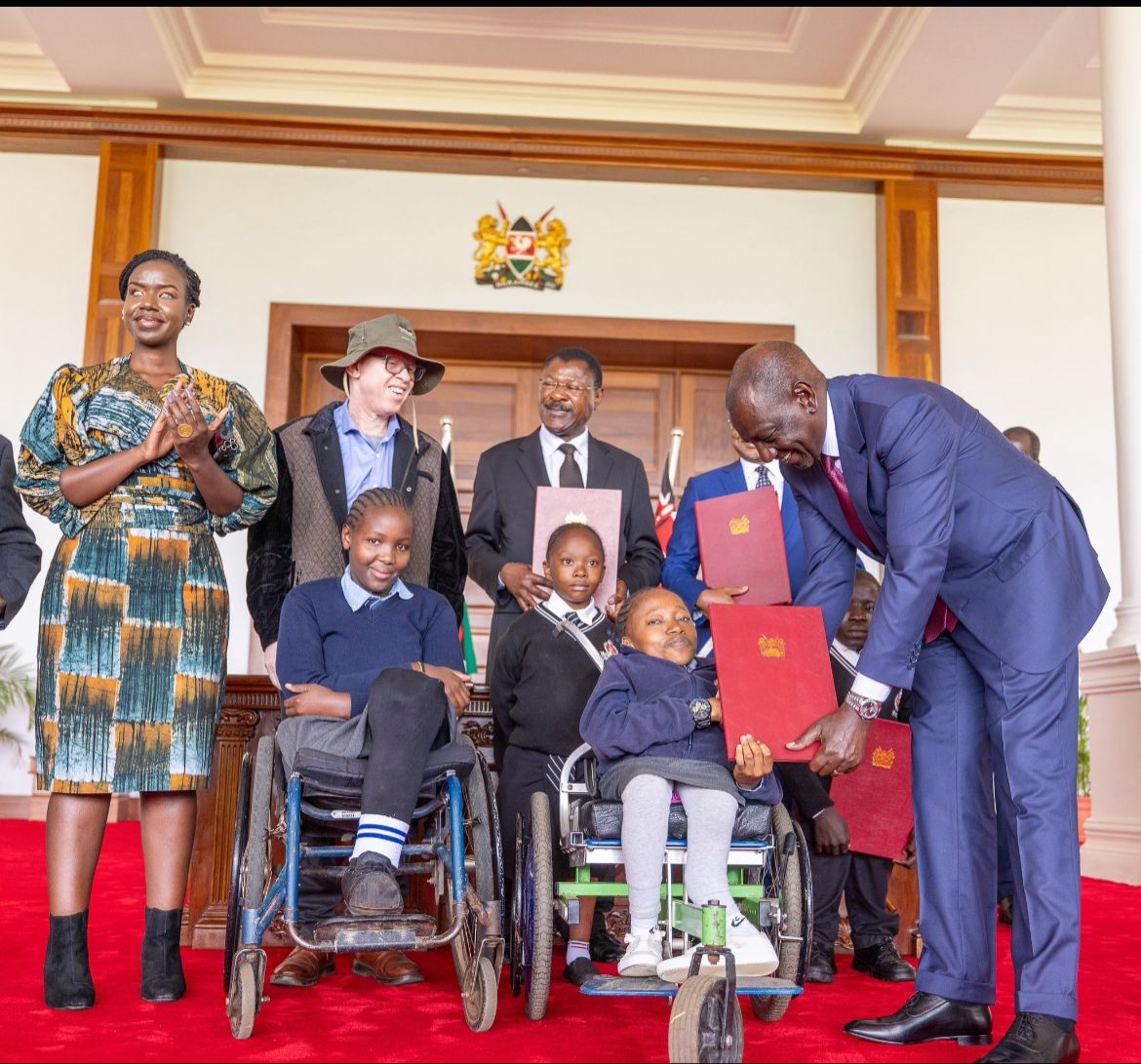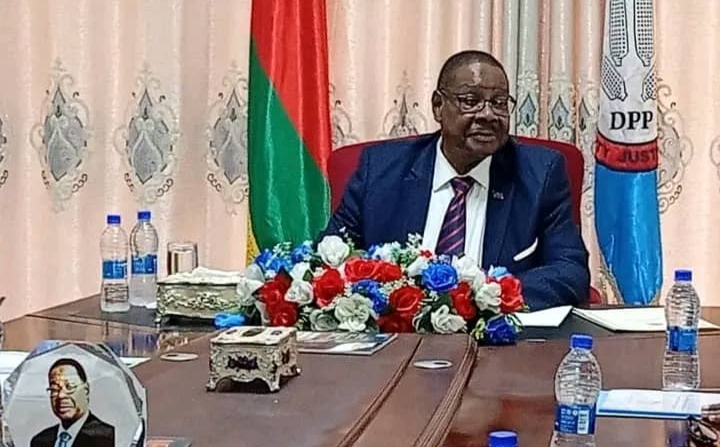How Nigerian Lawyer Lost 3 Month Old Only Son During Resident Doctors Strike
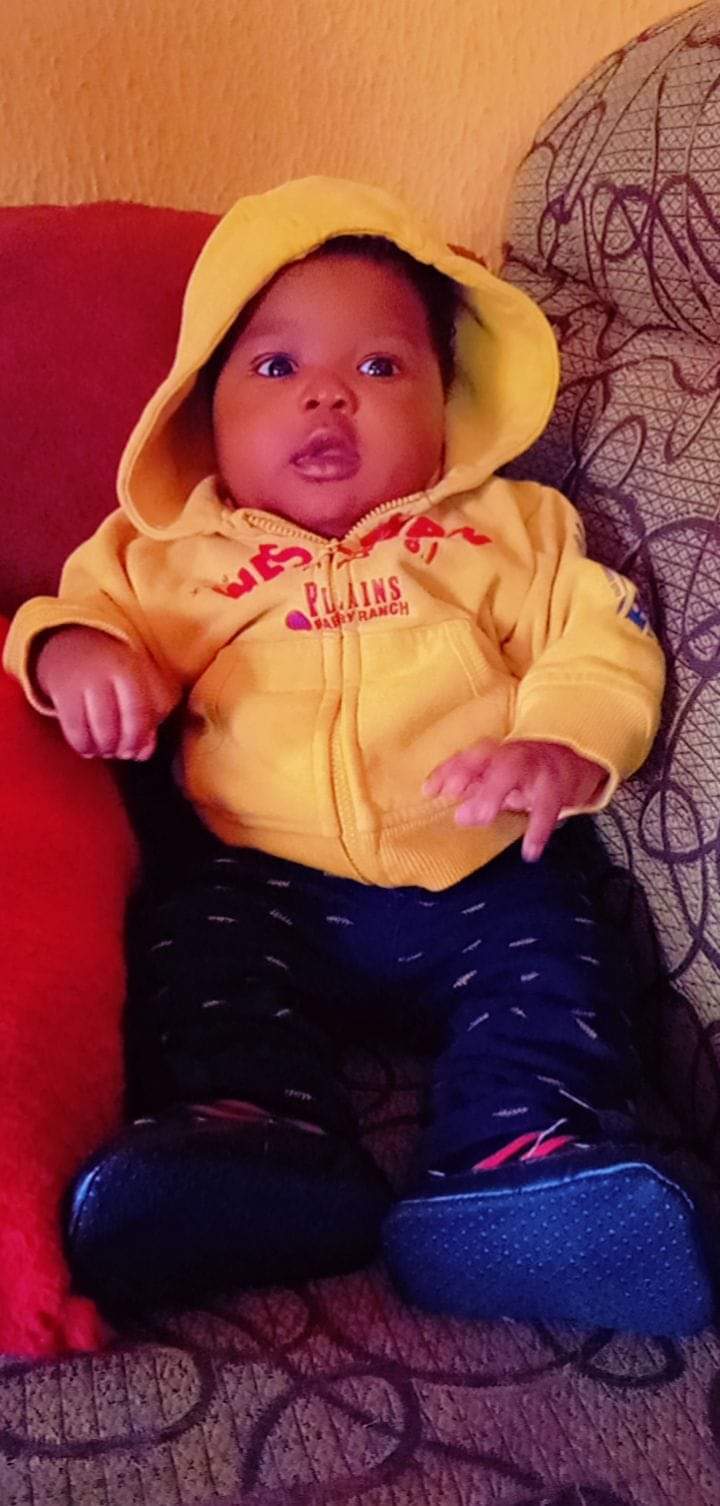
By Onoja Baba, Abuja, Nigeria

A Nigerian legal practitioner, Martins Nachataida Ladu and his wife, Mangyarya Ladu, have been plunged into mourning after losing their only son, a 3-month-old infant, due to the devastating impact of the recent strike by the Nigerian Association of Resident Doctors (NARD), protesting the abduction of its member, Dr. Ganiyat Popoola.
Although on Monday morning NARD called off its seven-day warning strike which began on 26th August, the impact of this strike has a lasting negative impact on some families in Nigeria, including the Ladus.
According to Barr and Mrs Ladu, the death of their infant, Gyelkurhyel Godwin Ladu, who died on September 1st, 2024, occurred due to lack of immediate medical attention at the Federal Medical Centre (FMC) in Umuahia, Abia State.
Gyelkurhyel had suddenly stopped breastfeeding, prompting his worried parents to seek medical help, and never imagined that the mild health issue that brought their son to the hospital would turn fatal.
However, upon arriving at the FMC, they were met with a harrowing reality – no doctor was available to attend to their son because of the ongoing strike by the medical personnel.
Ladu narrated to AFRICAN CULTURE TV the heartbreaking ordeal, recounting the devastating loss of his son, while blaming the government’s inability to tackle the recurrent strikes as the reason for his son’s death.
He said: “With the strike and all that, my boy was just a victim of the system. The condition is so bad, there are a lot of it, that’s why I’ve been saying this; anything that can be done to address this issue with the doctors should be done because this is beginning to be a problem.
“This boy could have survived, because in FMC he’ll have access to many consultants, it’s not only one doctor that’ll attend to him.”
The lawyer further narrated that at the FMC, a particular doctor who managed to attend to patients observed that the infant needed oxygen immediately but told them they couldn’t get it at the FMC because of the strike.
Seeing his son’s condition deteriorating, Ladu decided to take Gyelkurhyel to a private hospital where he was placed immediately on oxygen and blood transfusion.
However, the blood transfusion didn’t seem to sit well with Ladu and his wife.
According to him, “Some professionals are saying that the blood transfusion that was done on the child escalated the whole thing. He was too young for it, and blood transfusion was supposed to be the last option.
“Even when the blood was being transfused, my wife observed that it was dripping so fast, because we went to a private hospital and the doctor there observed that the boy needed blood. I donated my blood and the transfusion began. So, after my wife observed that the blood was dripping fast, she had to go and speak with the nurse and the nurse came and reduced it.
“So, you see, if the nurse had acted professionally, she would have said, ‘no madam, this is the actual way it’s supposed to drip’. The patient’s relative was not supposed to tell her how blood was supposed to drop, she was supposed to watch closely and see for herself.
“And to make matters worse, that was when the doctor was telling us that the oxygen he had would not be enough for the night, he would refer us to his friend’s hospital so that we would get oxygen for the night.”
The lawyer explained that it was after his son’s death that he realized the doctor came up with the issue of insufficient oxygen at his hospital just to wade them off to another clinic, to avoid the child dying in his hospital.
Ladu said: “It was after the incident I realized he had already noticed the condition of the boy. The boy had changed after the transfusion, and he didn’t want the boy to die in his hospital, and that was the reason why he referred us to another hospital.
“Another thing that pained me was that the second doctor we were referred to, was a professional because I saw what he was doing with the boy. I’m not a doctor, but I was very impressed with what he was doing. He was very calm, concerned and even the way he was holding the boy’s leg. But the thing that pained me is that this was the same doctor my wife met at FMC in the morning, and the same doctor that told her the boy needed oxygen, but they couldn’t get it in FMC because they’re on strike. ‘Madam, call your husband’.
“So, since he was already in the hospital and was attending to other patients, and he was the one that said the boy needed oxygen, I don’t think there was any emergency more than that. He would have proceeded and admitted the boy there or rushed to this hospital since he has his own private hospital, or say ‘Madam, rush to the hospital, I’ll meet you there.’ So that’s the only part I blamed him for.”
The lawyer said the pain of seeing his only boy-child dead was so painful for him. It was a boy he had been praying and hoping God for after the birth of his two daughters.
“Watching you struggle for every breath after the blood transfusion was devastating. My son, we did everything we could to save you. We were awake all day until you passed away. Even when I left the hospital to be with your sisters, I couldn’t sleep; I stayed awake until the call came, breaking the worst news of my life,” Ladu said painfully.
The case of Barr and Mrs Ladu is just one of many. A personnel of the Drug Law Enforcement Agency (NDLEA), Abu Richard Enemona, may not also get over the pains of the death of his sister, who also died due to immediate medical care resulting from the strike.
Grace was only diagnosed with High Blood Pressure, a situation that could be handled with quick medical attention but ended up taking her life.
When she was taken to a private hospital, there was no bed space for admission, forcing her family to seek intervention in government owned hospitals. But the family’s hope was dashed after finding out that government hospitals were on strike upon arriving.
However, on arriving at an Abuja hospital on Sunday, it was already late to rescue Grace. She passed on.
Speaking with AFRICAN CULTURE TV, Enemona said his sister was moved from Lokoja as the hospitals were given different excuses.
Just like Barr Ladu, Enemona believes that quick medical attention could have averted his sister’s painful death.
Announcing the death on Facebook, Enemona wrote, “My sister developed HBP in Lokoja, all the private hospitals were occupied, and public hospitals are on strike, rushing her to Garki hospital, she died this morning.”
The tragic deaths of little Gyelkurhyel and Grace, highlights the grim reality of Nigeria’s healthcare system, where inadequate staffing, poor working conditions, and frequent strikes continue to jeopardize lives. As stakeholders push for reforms, the Ladus and Omales loss serves as a somber reminder of the human cost of systemic failures.
NARD only suspended its strike following an extraordinary National Executive Council (NEC) meeting held virtually on Sunday, 30th August.
According to a communiqué signed by NARD’s President, Dele Abdullahi Olaitan, Secretary-General, Anaduaka Christopher Obinna, and Public and Social Secretary, Egbe John Jonah, the association resolved to suspend the strike while closely monitoring developments and engaging stakeholders to secure the immediate release of Dr. Popoola.
The statement read, “The National Executive Council (NEC) has agreed that work will resume at all centres nationwide by 8:00 a.m. on Monday, September 2, 2024.”
Resident doctors, who comprise about 40 percent of Nigeria’s 73,000 registered doctors, are a crucial pillar of the country’s healthcare system. Their absence often results in hospital shutdowns across the nation, leading to preventable deaths.
Recurrent strikes for better wages and working conditions by medical personnel have led to so many deaths in the country.
Prior to the suspension of the NARD strike, the Federal Ministry of Health and Social Welfare had threatened to invoke a “no work, no pay” policy. The ministry stated that the strike was “premature and counterproductive,” and that efforts were underway to secure the release of Dr. Popoola.
In a statement signed by the Ministry’s Assistant Director of Information and Public Relations, Ado Bako, the ministry expressed disappointment over NARD’s decision to strike amidst ongoing rescue efforts.
“The ministry finds the decision to proceed with this strike action deeply regrettable, particularly given the ongoing discussions. We believe that continued dialogue is the best approach to resolving any outstanding issues,” the statement read.
The government reiterated its intention to enforce the “no work, no pay” policy, meaning that resident doctors would not be compensated for the strike days.
categories
recent posts
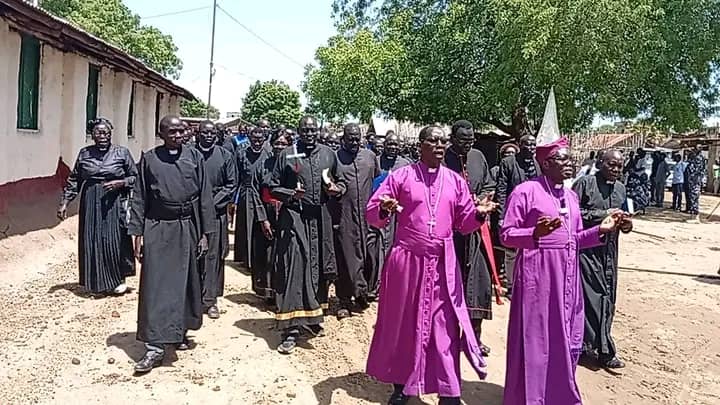
SOUTH SUDAN: Church Members Clash Over Land Dispute In Juba

